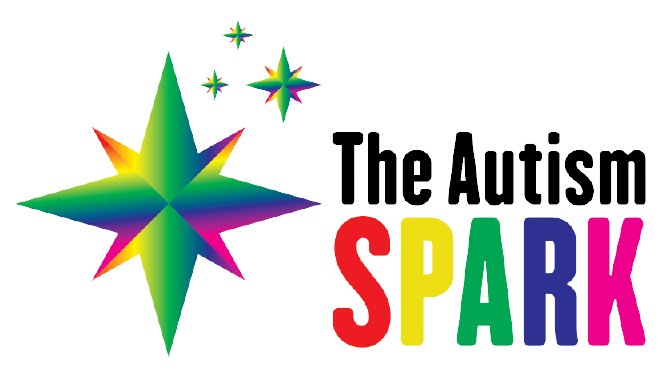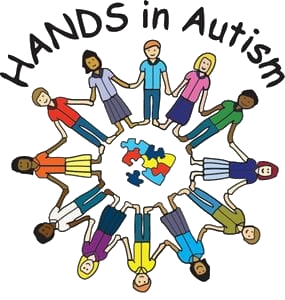Is Autism a Disability?

Autism, often referred to as Autism Spectrum Disorder (ASD), is a neurodevelopmental condition characterized by challenges with social interaction, communication, and repetitive behaviors. While autism presents unique strengths and differences in each individual, it is important to recognize that for many, autism can indeed be considered a disability.
The term “disability” refers to a condition that limits a person’s ability to engage in certain activities or interact with the world in the same way as others. Individuals with autism may face various challenges in daily life, such as difficulties with social interactions, sensory sensitivities, and communication barriers, which can impact their ability to participate fully in society without support or accommodations.
However, it is essential to acknowledge that autism is not solely defined by its challenges. Many individuals with autism possess exceptional talents, such as heightened pattern recognition, creativity, and attention to detail. Therefore, while autism may present obstacles and require additional support, it is crucial to view individuals with autism through a strengths-based lens, recognizing their unique abilities and potential contributions to society.
In summary, while autism is often considered a disability due to the challenges it presents, it is equally important to appreciate the strengths and capabilities of individuals on the autism spectrum and provide them with the necessary support and accommodations to thrive.


